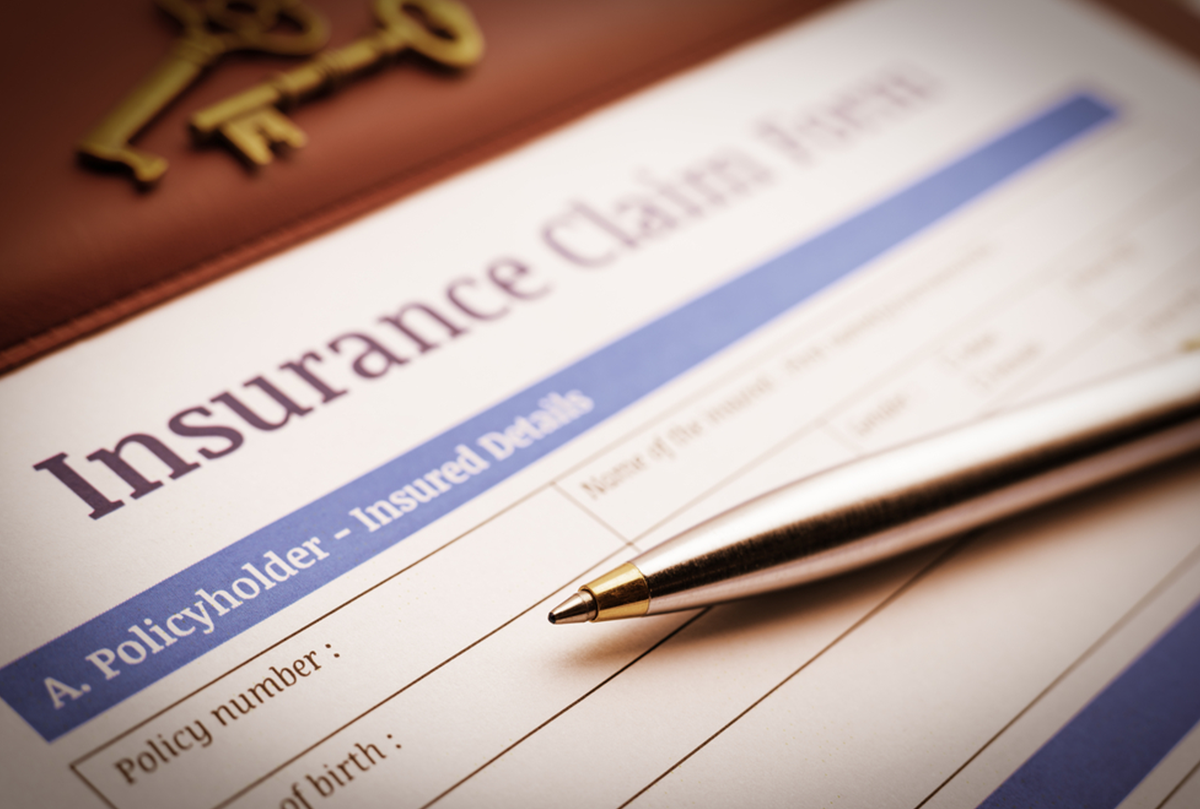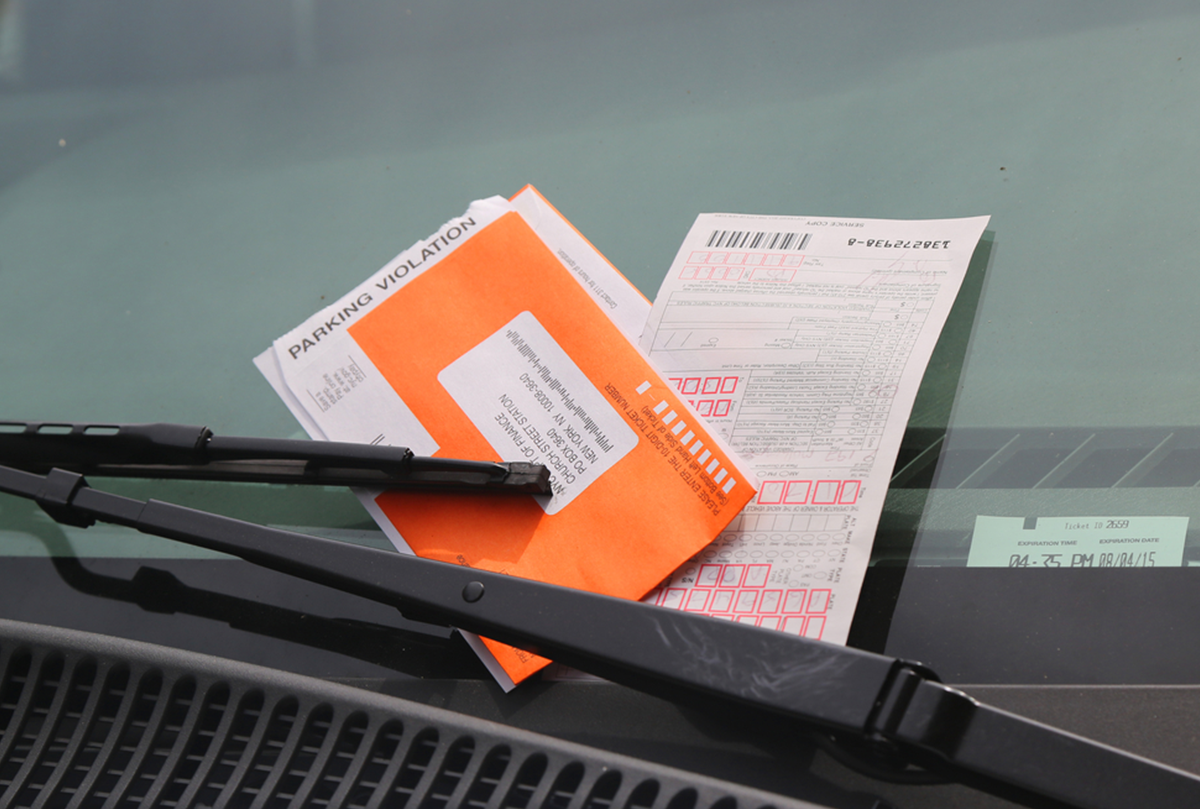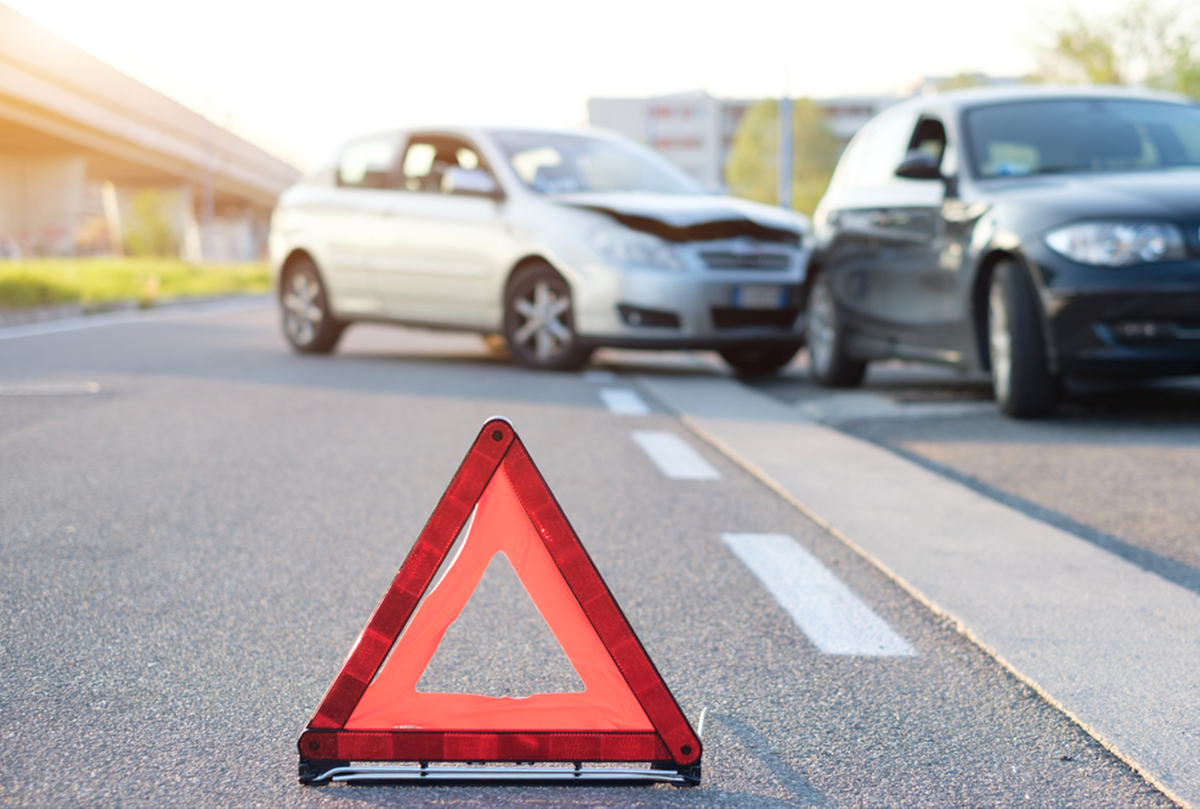 Start
Start
Accidents, Tickets, and Claims: How much do they affect your rates?

The Insuraroo
May 19, 2021

An accident or citation could cause your rates to increase significantly, even if you’re a careful driver. There’s no simple formula for determining the amount of the increase — and insurance providers use different tactics when assigning premiums.
- By one estimate, a minor speeding ticket could increase rates by 10 percent.
- A single accident could cause an increase of 80 percent for certain drivers.
- If you’ve received a ticket or submitted a claim, it’s important to compare auto insurance quotes as soon as possible.
Our site is designed to make that process secure and easy. By collecting rates, you may be able to avoid the financial consequences of an on-the-road mistake.
Do All Accidents and Tickets Cause Insurance Premiums to Increase?

Traffic citations will almost always cause premiums to go up. Citations indicate bad driving behavior, so insurance providers assume that drivers with bad records are more likely to file claims.
-
The type of infraction matters. If you speed at 10 mph over the limit, you can expect a modest increase, but citations for reckless driving or DUIs will cause a bigger jump.
-
Seat belt violations and parking infractions probably won’t increase your rates. These incidents don’t affect your chances of being involved in an accident.
-
State law can play an important role. In states like Massachusetts, for instance, the size of the claim will determine whether or not it’s a “chargeable" accident.
-
An insurance company may also decide that your accident is “non-chargeable" if you aren’t at fault. For instance, if another driver hits your car while it’s parked outside your house, you didn’t do anything that increases your risk of a future claim.
What About Accident Forgiveness?
Many insurance providers offer accident forgiveness for at-fault accidents, which prevents a single fender-bender from causing a dramatic rise in insurance premiums.
Unfortunately, accident forgiveness doesn’t scrub the incident from your record. That means that other insurance companies might use your claim history when determining your rates.
It’s still a great idea to shop around — if you’re getting a great rate with accident forgiveness coverage from your current provider, there’s a great chance you’ll find an even better rate from one of their competitors.
Keep Insurance Premiums Low After an Accident

So, you’ve received a ticket or you’ve been in an accident. What now?
Report the accident. If you’re involved in an accident and you’re not at fault, immediately notify your insurance company. Get a copy of police reports and other relevant paperwork.
Change your coverage. Reducing your coverage limits or raising your deductibles could cut your premiums (but increase your risk).
Take a driving course. Many states require insurance companies to provide discounts to drivers who complete a safe driving course.
Ask about discounts. Insurance providers may offer discounts for infrequent drivers, households with multiple drivers, or even drivers who use certain payment methods. Reach out to your insurer to find out about these programs. Insurance providers may offer discounts for infrequent drivers, households with multiple drivers, or even drivers who use certain payment methods. Reach out to your insurer to find out about these programs.
The good news: The increase won’t be permanent. In many states, insurance companies can only consider chargeable incidents for three years from the date of the incident. Still, if you’ve received a speeding ticket or submitted an insurance claim, you’ll need to know exactly how your rates stack up.
After Claims and Tickets, Compare Auto Insurance Policies to Avoid Overpaying
Never assume that you’re paying the lowest possible premium for your coverage. Your insurance provider uses complex math to determine your chances of submitting a claim — but so does every other insurance provider, and slight differences in their calculations could have a big effect on your policy.
Even if you’ve had a few marks on your record, there’s no reason to pay excessive premiums. If you’ve noticed a rate increase after a traffic ticket or an accident, our tools can help. Insuraroo’s secure platform lets you easily collect quotes so that you can make an informed decision.
Get a Fair Quote Today! Start Here
Free Personalized Quotes in Minutes
